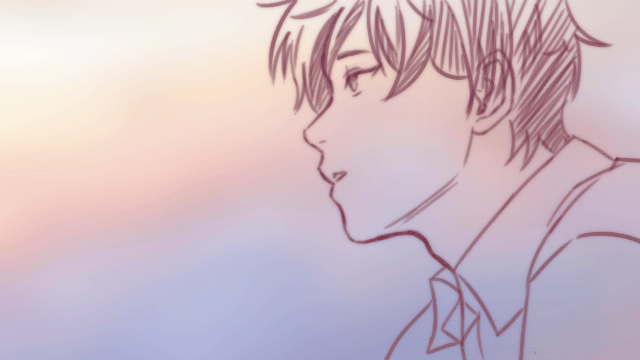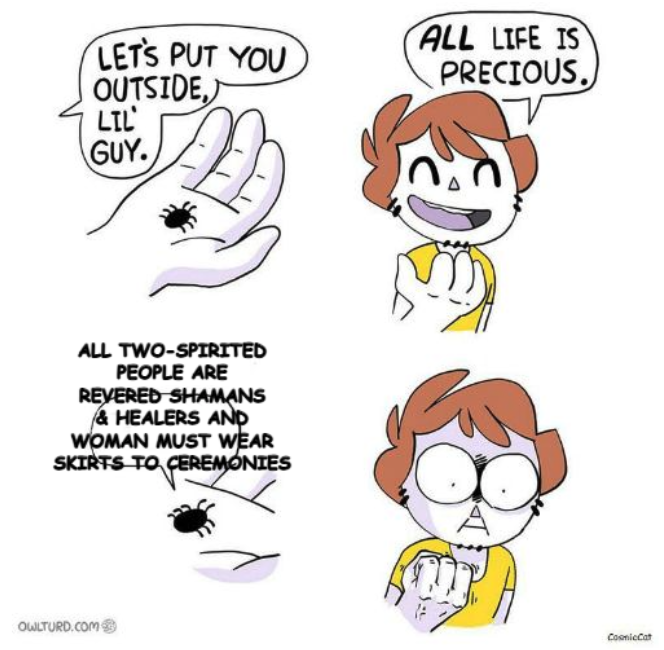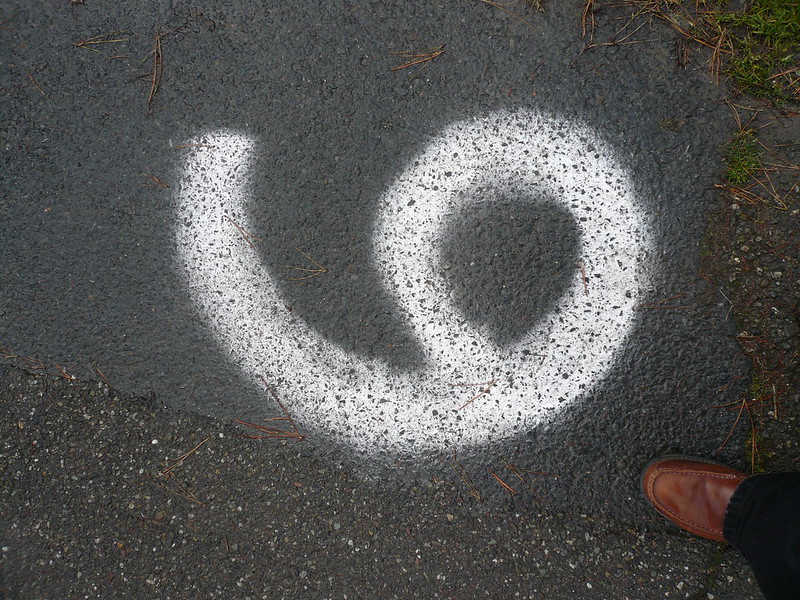Moten and Harney critiqued the University in supporting a problematic society, to serve capital and the state. The university professionalizes students, converting them from social individuals to state agents, creating a labor force that serves the market and the state. Schools are ranked based on their ability to produce useful workers to the ends required by capitalism and the state. Rather than focus on a program’s intellectual quality, metrics are based on the universities ability to convert student’s into laborer in the market after graduating. The university is also a place for the social reproduction of denial, and like prisons, the reduction and command of the social individual.
“What is, so to speak, the object of abolition? Not so much the abolition of prisons but the abolition of a society that could have prisons, that could have slavery, that could have the wage, and therefore not abolition as the elimination of anything but abolition as the founding of a new society.” p 42
Foucault allowed an understanding of fundamental institutional structures; the clinic, the prison, the school. So it is not just the institution of prison, not just schools or clinics. A general abolition of all institutions is required for a new society.
—
“To be a critical academic in the university is to be against the university, and to be against the university is always to recognize it and be recognized by it. ”
The critical academic is constantly in antagonism with the university. If it’s not possible to extract the individual from the university, to subvert or rise above, what is the solution/alternative?






